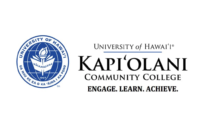
Community of Inquiry in Web Conferencing: Relationships between Cognitive Presence and Academic Achievements
In an increasingly digital society, educators are encouraged to use synchronous online technologies. This study attempts to explore the community of inquiry in a web conferencing system through synchronous interactions and focuses on the relationships between cognitive presence and academic achievements. Participants were teacher candidates enrolled in a one-semester synchronous course at an online program […]















